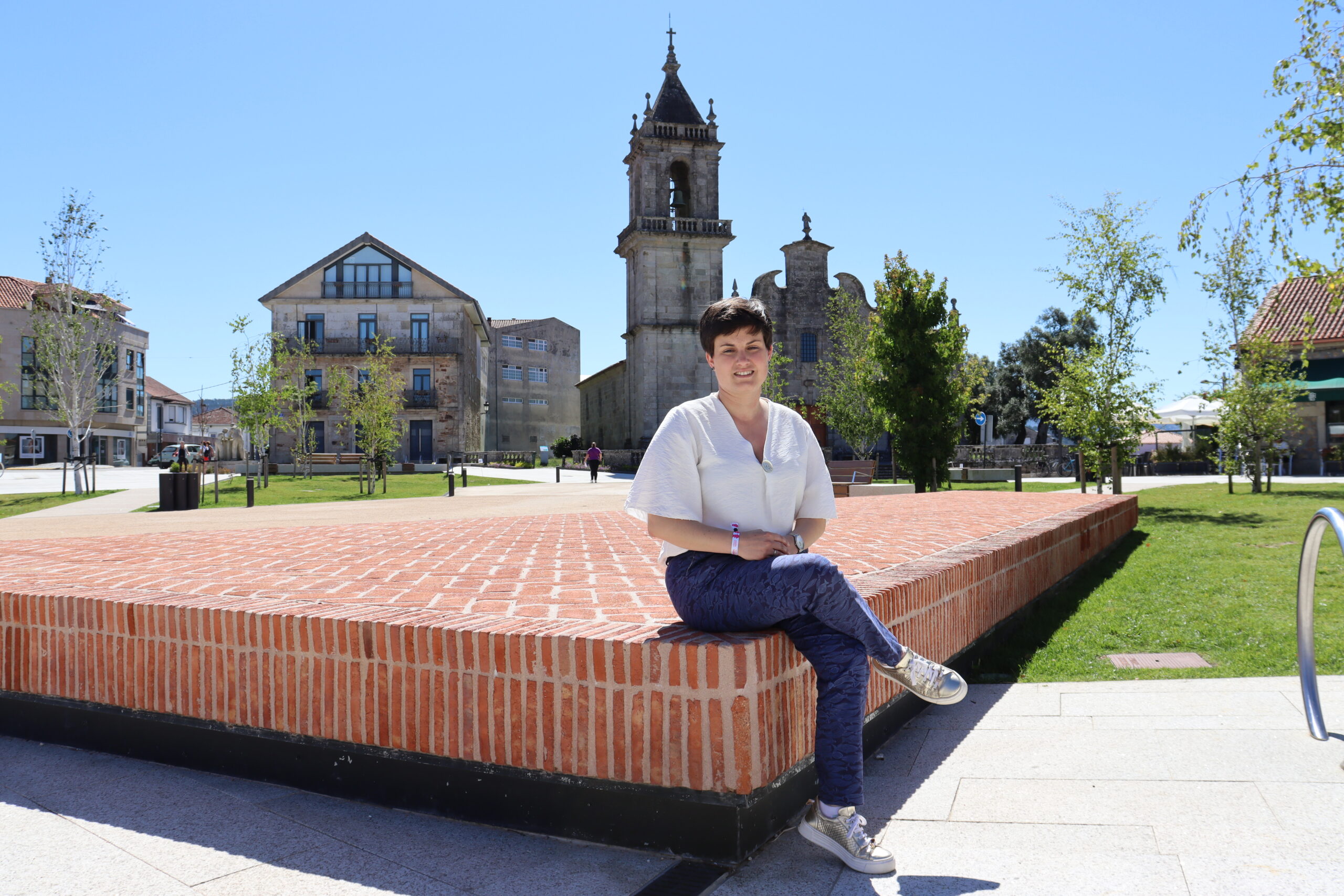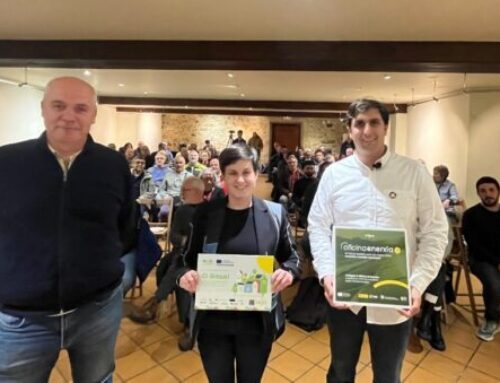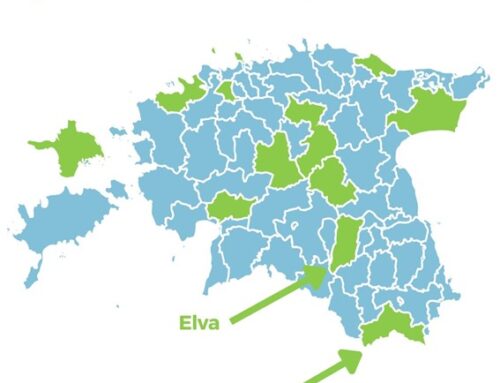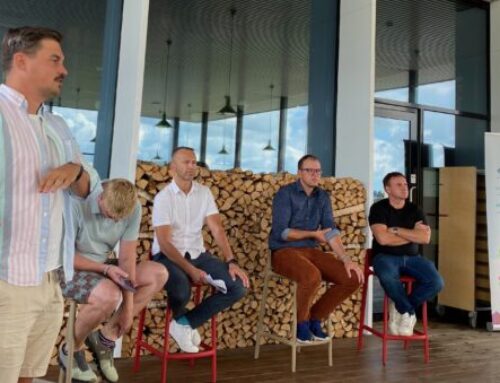The municipality of O Rosal (Pontevedra) is one of the 22 Galician municipalities participating in the EC4RURAL project in Galicia to create a rural energy community. Its mayor, Ánxela Fernández Callís, explains how they embarked on this path of change based on sustainability, which has also led them to become the only municipality in Galicia with a Community Transformation Office.
O Rosal is one of the 22 rural municipalities in Galicia that have joined EC4RURAL. What motivated you to take part in this project? Why do you feel uneasy about being the only rural municipality in Galicia with a Community Transformation Office?
We have been working for five years on a model of social and neighbourhood energy transformation in O Rosal, and the Energy Communities, together with the Community Transformation Office, are another way of realising this transformation.
The model we are working on has led us to open this new window. Faced with the astronomical rise in energy prices during the pandemic, which created new situations of social exclusion, and the predatory wind energy model formulated by the Xunta de Galicia, we saw the opportunity to create a new model with the involvement of the neighbourhood, our great social partner.
For us, the European funds were a fundamental opportunity to move forward and implement our strategy.
What is the role of O Rosal Town Council in this energy transition process? What steps have they taken so far and what is the next stage?
The council and the neighbourhood are the engine, the driver of this transformation. The first thing we did when we came into government five years ago was an energy audit to get a clear picture of the situation. Then we joined PACES (Climate Action and Sustainable Energy Plan) and built a model of sustainability and progressive energy transformation around three axes, for which we raised almost €4 million in three years from the European Next Generation Funds.
These three axes are, firstly, reclaiming public space for people. We are creating new spaces for neighbourhoods to live together. Some examples are the recovery of the Town Hall Square or the Horizon Esplanade, with which we are promoting, in contrast to the rubber park model, the ecoparks, which are new leisure spaces integrated into the enhancement of nature and landscape. We have also begun to connect O Rosal by creating safe routes for alternative mobility in the neighbourhood, as opposed to the exclusive use of the car.
Secondly, we set out to lead by example with a municipal energy transformation, raising funds for energy efficiency by modifying all our public lighting. We have embarked on a progressive and comprehensive energy efficient refurbishment of our Unitary Schools (we are on the third of seven). Following a study, we have also renewed the energy consumption systems of the main municipal facilities by installing biomass, solar or aerothermal energy.
Finally, the third axis was to initiate an energy transformation in the neighbourhood. We generalised communal composting in the town centre and individual composting in the parishes. We were the first, and so far only, council in the whole region to have electric car chargers, and now we are embarking on energy communities, being the first council to award a Community Transformation Office.
As a small rural council in terms of population and public resources, what lessons can you learn that can be replicated in other similar councils?
The big social challenge we have is that many people who do not have environmental sustainability as a daily priority can become participants and protagonists.
The neighbourhood and visitors associate O Rosal with quality of life because of its great natural, heritage and landscape value. We are located in Foz do Miño, also bathed by the Atlantic Ocean, in a valley of great natural value and with a special microclimate for agriculture. Environmental sustainability and energy transformation go hand in hand with achieving and maintaining the present and future quality of life of which we are so proud. Surely this reality, with its particularities, can be replicated in other municipalities in the Galician countryside.
That is why I believe it is important to work strategically and to prioritise sustainability in all government actions. For us, the European funds have been a fundamental opportunity to move forward and implement this strategy.
And the neighbourhood, farms, small businesses and local associations, what concerns do you see in this step you are taking?
We are at the beginning of the process of creating the O Rosal Rural Energy Community through the EC4RURAL project. At the moment we have a lot of questions, curiosity and the desire to involve the social fabric, especially some mountain communities.
The CTO will allow us to work in an environment of trust in this energy transformation, of direct communication, of constant effort with personal technical support, of accompaniment with immediate response and of a structure to make known the operation and the reality of the pooling of services in matters such as the maintenance of the energy communities themselves.
Environmental sustainability and energy transformation go hand in hand to achieve and maintain the current and future quality of life in O Rosal that we are so proud of.
Looking to the future, specifically to the autumn of 2025, when the CTO will have been completed, and to the summer of 2027, when the EC4RURAL project will have been completed and the O Rosal Energy Community will already be in operation, how do you see this (historical) milestone affecting the quality of life for the social and economic fabric of your municipality?
I hope we can conclude that we are an example of progress in the transformation of local renewable energy in the Galician countryside. With an efficient and economically and socially viable model, with the participation of the neighbourhood, which leads us to prioritise the quality of life of everyone by changing the management of a basic good such as energy for people’s lives.






